Nasdaq is making strides toward expanding its financial offerings by seeking approval from the U.S. Securities and Exchange Commission (SEC) for a new set of bitcoin index options. This move, if sanctioned, would mark a significant step forward in the integration of digital assets into mainstream financial markets.
Nasdaq’s proposal is focused on introducing options tied to a bitcoin index, which would offer investors a new way to gain exposure to the cryptocurrency market. The exchange’s submission to the SEC underscores the growing interest in bitcoin-related financial products, especially as institutional and retail demand for cryptocurrency exposure continues to rise.
The proposed bitcoin index options would operate similarly to other index options, allowing investors to speculate on the future price of bitcoin without needing to hold the underlying asset. This would provide a level of risk management and flexibility that could appeal to a broader range of investors. The timing of this move coincides with a period of heightened interest in digital assets, driven by bitcoin’s increased adoption and the introduction of various bitcoin exchange-traded funds (ETFs).
Currently, the SEC has not yet approved options based on any individual exchange-traded funds tied to spot bitcoin prices. The regulatory body has been cautious in its approach to cryptocurrency-related products, citing concerns about market manipulation, investor protection, and the overall stability of the financial system. Despite this, there has been a gradual shift in the SEC’s stance, with more openness to considering such products, particularly as the market matures and safeguards are implemented.
Nasdaq’s initiative reflects a broader trend within the financial industry, where traditional exchanges and financial institutions are increasingly exploring the integration of digital assets. This is part of a larger effort to bridge the gap between traditional finance and the rapidly evolving cryptocurrency sector. By offering bitcoin index options, Nasdaq aims to provide a regulated and transparent environment for investors to participate in the cryptocurrency market, potentially paving the way for other exchanges to follow suit.
The introduction of bitcoin index options would also have significant implications for market dynamics. It could lead to increased liquidity in the bitcoin market, as more participants enter through these new financial instruments. Additionally, it could influence bitcoin’s price stability, as options trading can impact the supply and demand balance of the underlying asset.
However, the SEC’s decision will likely hinge on several factors, including the overall security of the proposed product, the measures in place to prevent market manipulation, and the potential impact on investors. The regulatory body has been under pressure to strike a balance between fostering innovation in the financial markets and ensuring the protection of investors. The outcome of Nasdaq’s application could set a precedent for future cryptocurrency-related financial products in the United States.
If approved, Nasdaq’s bitcoin index options could significantly enhance the accessibility and appeal of cryptocurrency investments, particularly for institutional investors who may have been hesitant to enter the market due to regulatory uncertainties. This development would also signal a further legitimization of bitcoin as a financial asset, potentially driving broader acceptance and adoption.
Nasdaq’s pursuit of SEC approval for bitcoin index options represents a pivotal moment in the ongoing evolution of the financial markets. As the intersection of traditional finance and digital assets continues to develop, the decisions made by regulatory bodies like the SEC will play a crucial role in shaping the future of the industry.

 By Dr. Gyan Pathak The issue of caste census has finally mounted on the agenda of the Parliamentary Committee on Welfare of OBCs led by the BJP. The party has been rejecting the opposition INDIA bloc’s demand for conducting caste census in the country. It was much to the frustration of the BJP, that its […]
By Dr. Gyan Pathak The issue of caste census has finally mounted on the agenda of the Parliamentary Committee on Welfare of OBCs led by the BJP. The party has been rejecting the opposition INDIA bloc’s demand for conducting caste census in the country. It was much to the frustration of the BJP, that its […]

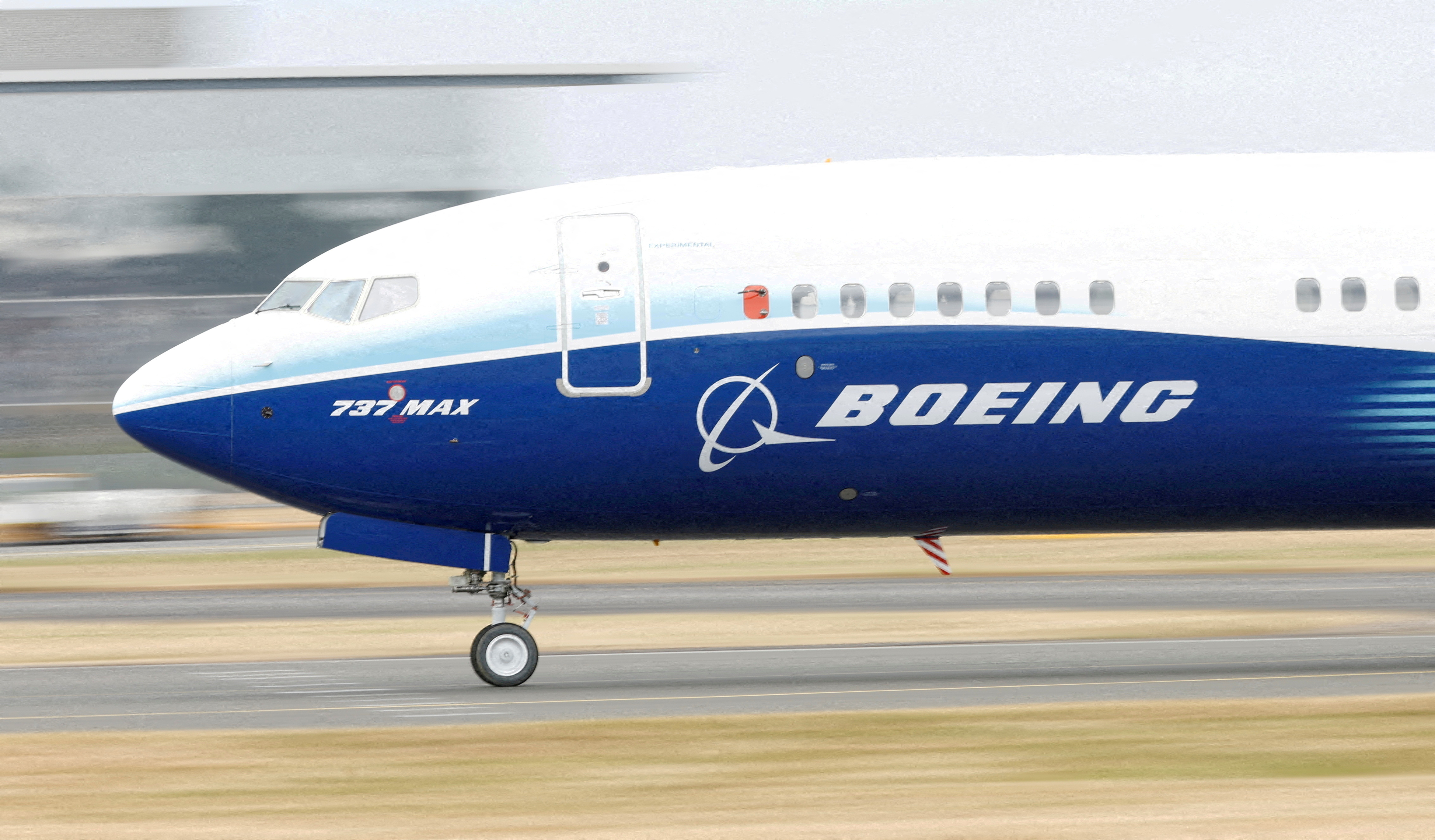



 By K Raveendran The squabble between Rahul Gandhi and Union minister Kiren Rijiju over the lack of representation of backward classes and tribals in beauty pageants has accorded a bit of glamour to the debate surrounding castes. Rahul’s remark, might seem trivial at first glance, but on closer scrutiny, it turns out to be a […]
By K Raveendran The squabble between Rahul Gandhi and Union minister Kiren Rijiju over the lack of representation of backward classes and tribals in beauty pageants has accorded a bit of glamour to the debate surrounding castes. Rahul’s remark, might seem trivial at first glance, but on closer scrutiny, it turns out to be a […]




 By Nantoo Banerjee Union Finance Minister Nirmala Sitharaman’s advice to government-controlled banks to launch special drives to step up deposit mobilization to catch up with the demand for loans may give a wrong impression that the public sector bank (PSB) management does not know the basic principles of banking. How can a PSB mobilise enough […]
By Nantoo Banerjee Union Finance Minister Nirmala Sitharaman’s advice to government-controlled banks to launch special drives to step up deposit mobilization to catch up with the demand for loans may give a wrong impression that the public sector bank (PSB) management does not know the basic principles of banking. How can a PSB mobilise enough […]



 By Sushil Kutty So India is a “big country” with a “big influence” on the Russian economy and Ukrainian President Volodymyr Zelenskiy wants India and Indians to “change their attitude” towards Russia. For then, there will be peace as Russian President Vladimir Putin will then end the war. Apparently, Zelenskiy doesn’t like Modi’s […]
By Sushil Kutty So India is a “big country” with a “big influence” on the Russian economy and Ukrainian President Volodymyr Zelenskiy wants India and Indians to “change their attitude” towards Russia. For then, there will be peace as Russian President Vladimir Putin will then end the war. Apparently, Zelenskiy doesn’t like Modi’s […]

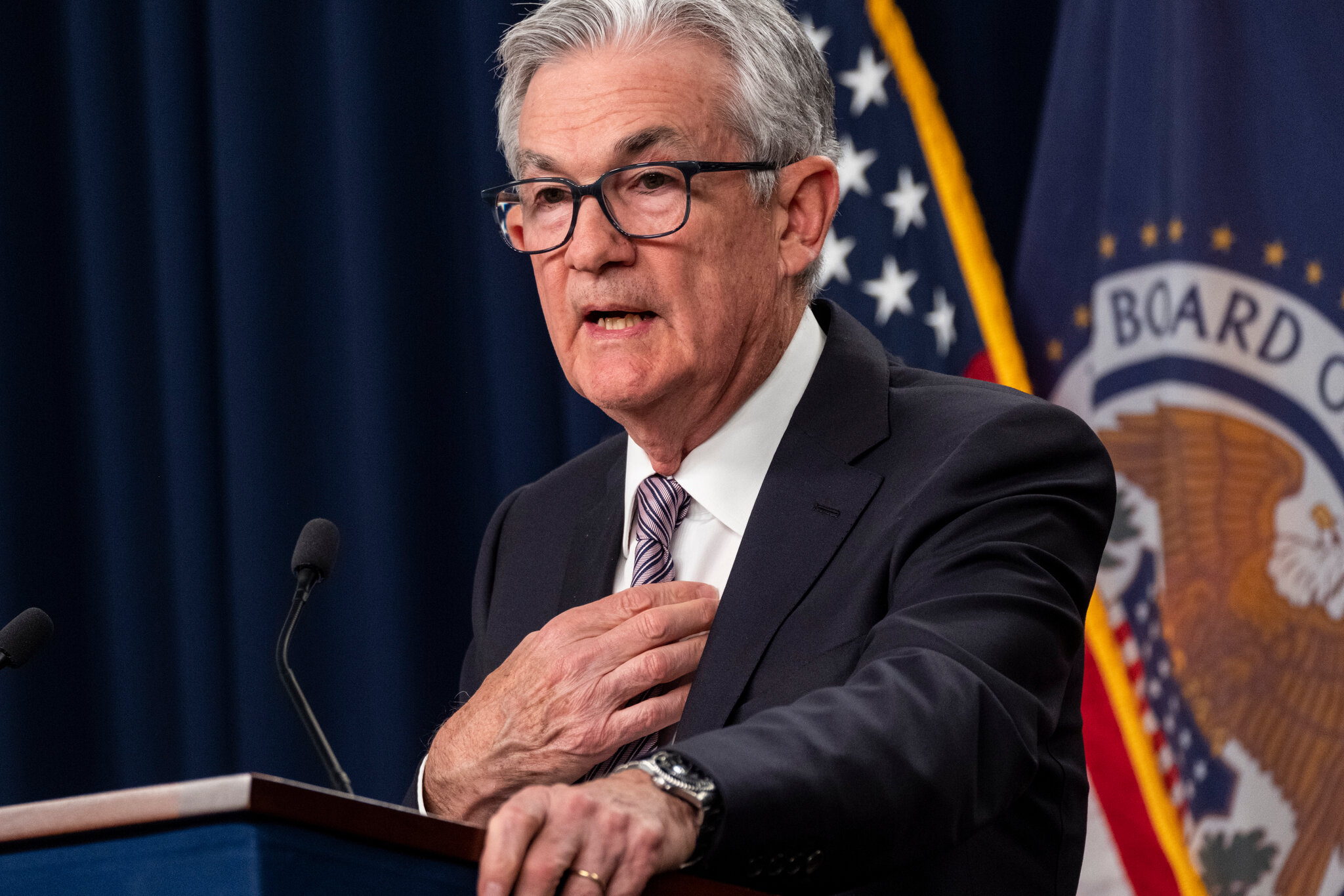
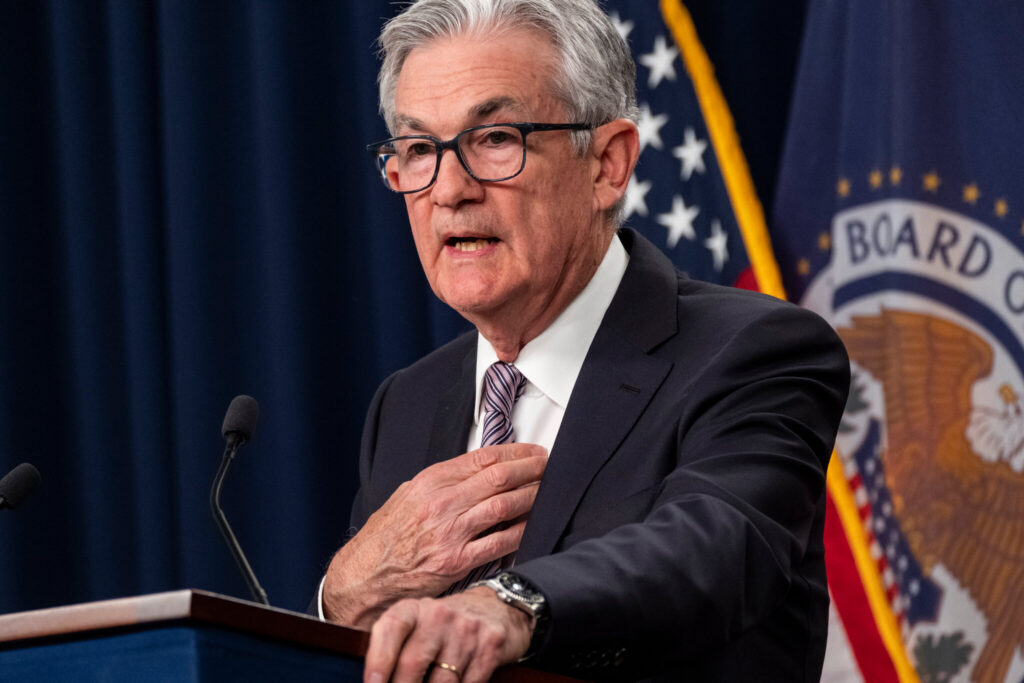 By Anjan Roy The US Federal Reserve chairman, Jerome Powell, has given a clear message from Jackson Hole, Wyoming, that the American central bank is all set to enter a rate reversal cycle. The Federal Reserve at long last would usher in a regime of lower policy rates. This was picked up […]
By Anjan Roy The US Federal Reserve chairman, Jerome Powell, has given a clear message from Jackson Hole, Wyoming, that the American central bank is all set to enter a rate reversal cycle. The Federal Reserve at long last would usher in a regime of lower policy rates. This was picked up […]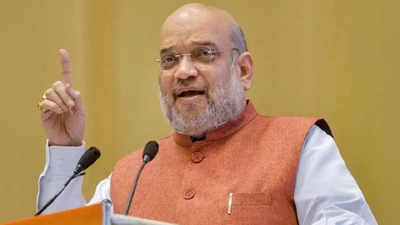


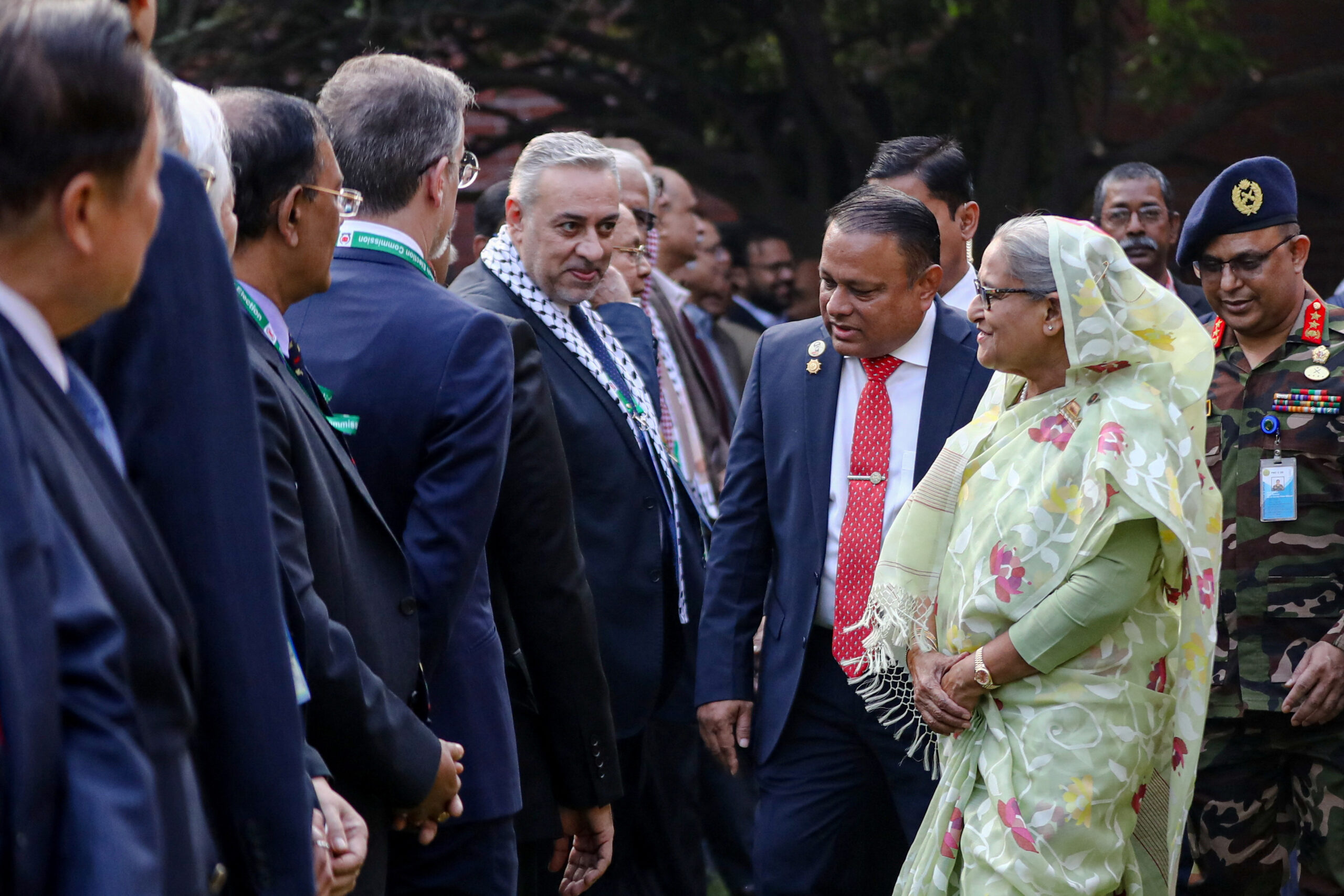
 By Nitya Chakraborty More than seventeen days after the abdication of former Prime Minister of Bangladesh, Sheikh Hasina from power in Bangladesh on August 5 and taking political shelter in India, conflicting trends are visible in the functioning of the interim government headed by Dr. Muhammad Yunus, as also in the activities of […]
By Nitya Chakraborty More than seventeen days after the abdication of former Prime Minister of Bangladesh, Sheikh Hasina from power in Bangladesh on August 5 and taking political shelter in India, conflicting trends are visible in the functioning of the interim government headed by Dr. Muhammad Yunus, as also in the activities of […]
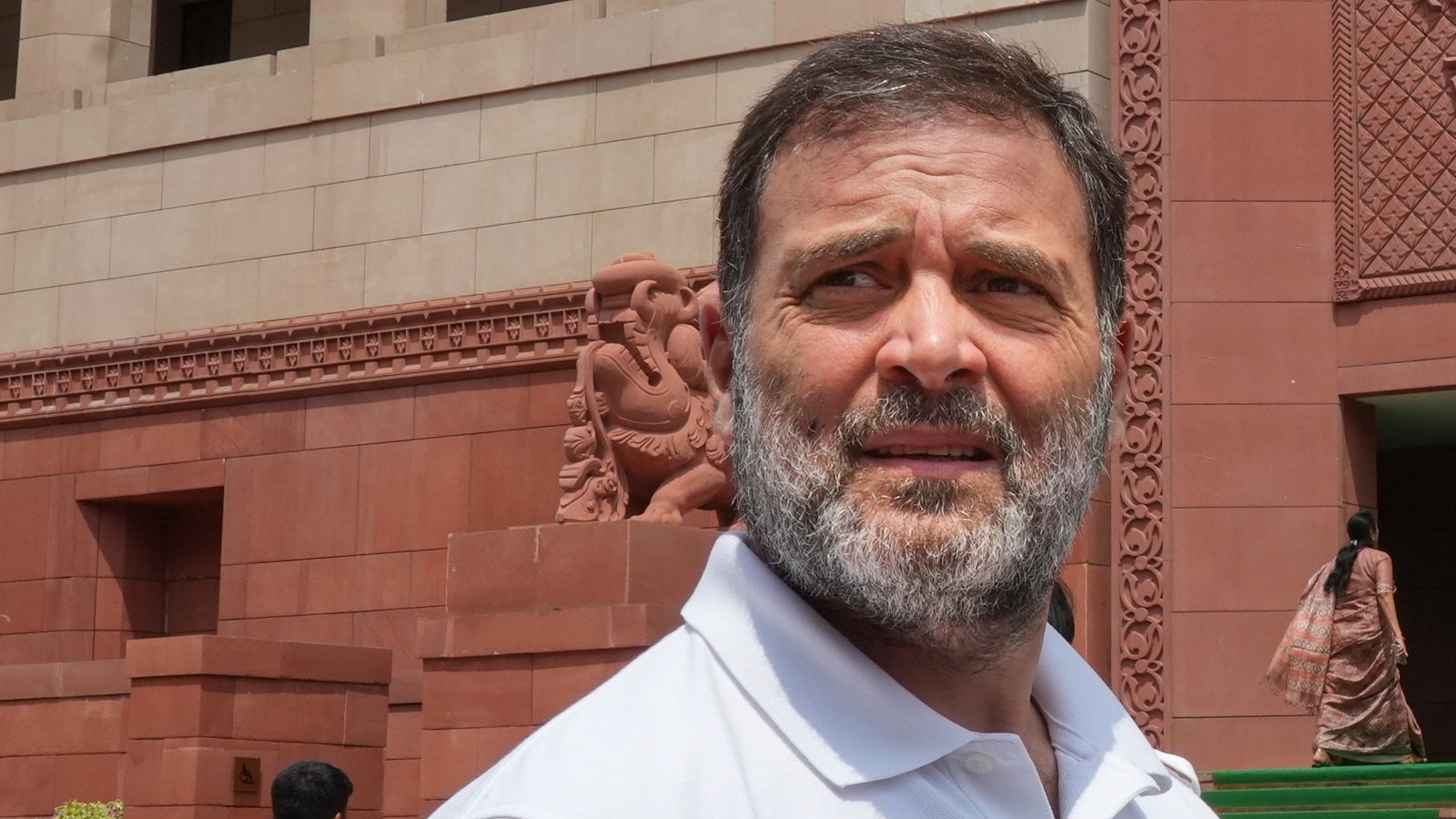
 By K Raveendran The Centre’s abrupt reversal on its proposal to permit lateral entry into senior government and public sector positions can be traced back to a complex interplay of political dynamics, strategic manoeuvring and to a large extent pragmatism. The change is widely attributed to the formidable pressure applied by Chirag Paswan’s Lok […]
By K Raveendran The Centre’s abrupt reversal on its proposal to permit lateral entry into senior government and public sector positions can be traced back to a complex interplay of political dynamics, strategic manoeuvring and to a large extent pragmatism. The change is widely attributed to the formidable pressure applied by Chirag Paswan’s Lok […]
 By K R Sudhaman Himalayan states that share borders with neighboring countries of China, Pakistan, Bangladesh, Nepal, Bhutan and parts of Myanmar have faced tardy development since independence. This is partly because of difficult terrain and ecological fragility. Backwardness too is a factor. The terrain is hilly but most of the states are […]
By K R Sudhaman Himalayan states that share borders with neighboring countries of China, Pakistan, Bangladesh, Nepal, Bhutan and parts of Myanmar have faced tardy development since independence. This is partly because of difficult terrain and ecological fragility. Backwardness too is a factor. The terrain is hilly but most of the states are […]
 By Pradeep Kapoor LUCKNOW: Uttar Pradesh Congress has launched massive outreach program to win over dalit, OBCs and minorities to strengthen the vote bank of the party to face 2027 assembly polls in the state. The party cadres are enthused by the good performance of the party in 2024 Lok Sabha polls […]
By Pradeep Kapoor LUCKNOW: Uttar Pradesh Congress has launched massive outreach program to win over dalit, OBCs and minorities to strengthen the vote bank of the party to face 2027 assembly polls in the state. The party cadres are enthused by the good performance of the party in 2024 Lok Sabha polls […]



